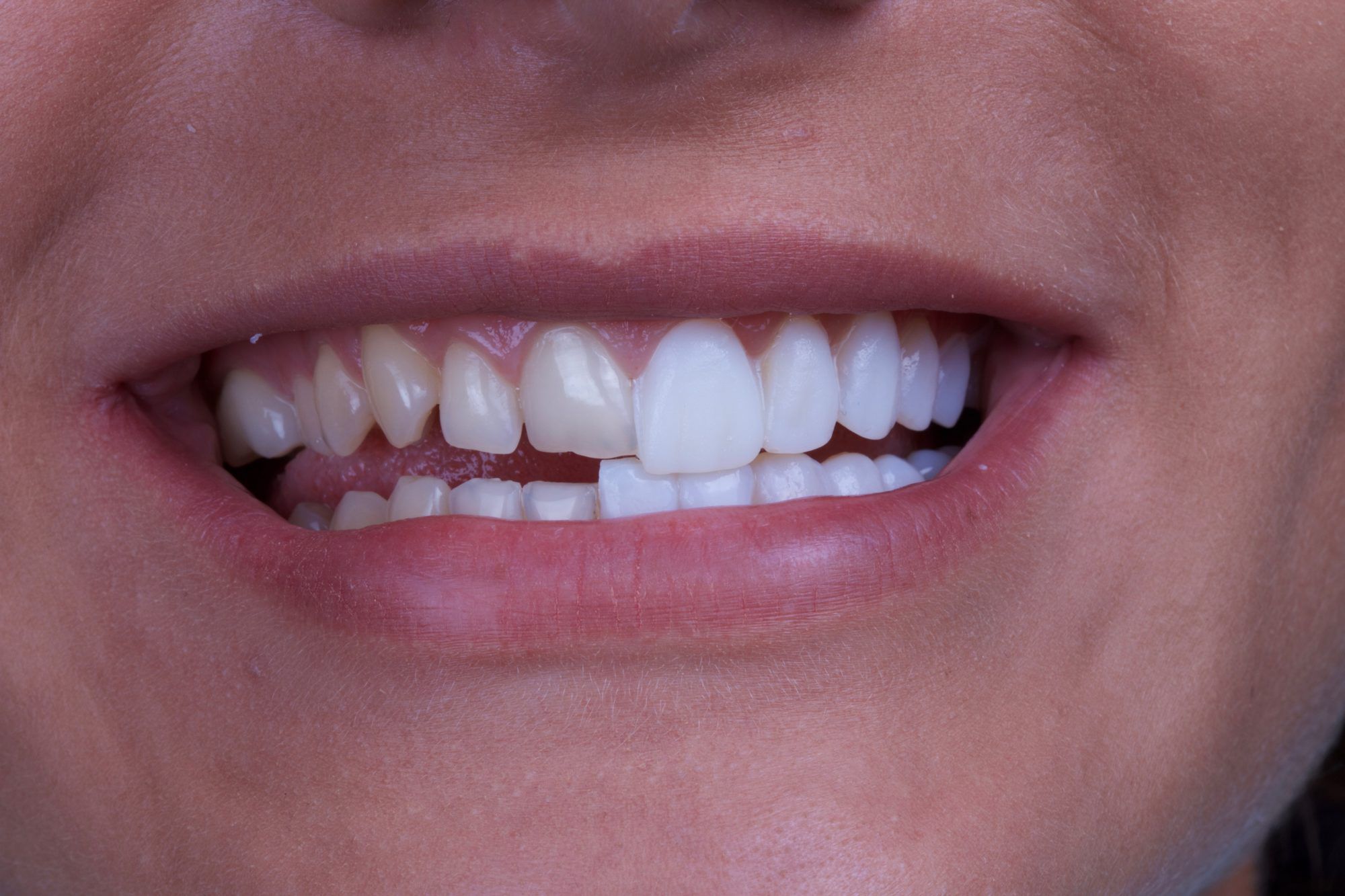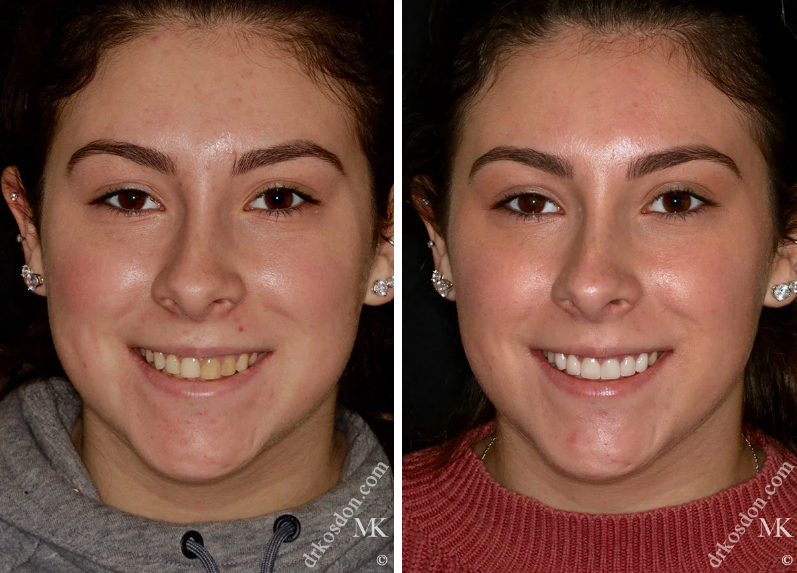5 Key Facts About What Are Veneers You Must Consider
Wiki Article
Opening the Secrets of Veneers: Realities, Kinds, and Advantages for a Beautiful Smile
Veneers supply an engaging solution for those looking for to enhance their smiles. These dental enhancements can resolve different blemishes, from staining to misalignment. With alternatives like porcelain and composite, people can choose based on their requirements and preferences. Nevertheless, understanding the nuances of veneers, consisting of application and treatment, is essential. What factors should one think about prior to deciding? The responses might surprise those thinking about this aesthetic oral alternative.
Understanding Veneers: What Are They?
Veneers are slim, custom-made shells made to cover the front surface of teeth, boosting their appearance. Typically crafted from sturdy materials, these coverings are customized to fit each person's teeth exactly. They offer several functions, including dealing with aesthetic blemishes such as staining, chips, or spaces. The application procedure involves a dental professional preparing the teeth, commonly by removing a percentage of enamel to ensure a snug fit. Once prepared, the veneers are bound to the teeth using a strong adhesive.Patients frequently choose veneers for their ability to create a natural-looking smile while providing a long-lasting option to dental flaws. Unlike various other aesthetic dentistry alternatives, veneers require very little intrusive procedures, making them a preferred choice. The result is a better smile that can substantially increase an individual's self-confidence and self-confidence. Generally, veneers offer an efficient strategy to accomplishing a more appealing and unified dental appearance.
Sorts of Veneers: Porcelain vs. Composite
When taking into consideration cosmetic oral alternatives, 2 main types of veneers stick out: porcelain and compound. Porcelain veneers are crafted from a sturdy ceramic product that mimics the all-natural appearance of teeth. They are understood for their stain resistance and capacity to reflect light in a similar way to all-natural enamel, offering a visual charm that lots of people wish. The application process usually entails more preparation of the tooth structure and might call for several check outs to the dental professional.On the other hand, composite veneers are made from a tooth-colored material that is directly used to the teeth. This type enables quicker application and can usually be completed in a solitary see. While they are less costly than porcelain veneers, they might not provide the same longevity or resistance to staining. Ultimately, the selection in between porcelain and composite veneers depends upon specific choices, budget plan, and particular oral requirements.
The Advantages of Deciding On Veneers
Selecting veneers provides countless benefits that can considerably improve both the appearances and capability of a person's smile. Among the main advantages is their capability to deal with imperfections such as discoloration, gaps, and imbalance, resulting in a more uniform look. Veneers can also enhance the toughness of teeth, supplying a protective layer that guards them from damages.They call for minimal tooth prep work compared to various other dental treatments, protecting more of the all-natural tooth framework. This preservation adds to a healthier oral environment while still achieving a magnificent smile.
Veneers are extremely personalized, enabling individuals to pick the shape, size, and color that ideal matches their preferences. In addition, they are stain-resistant, making it much easier to keep a appealing and intense smile over time. On the whole, veneers provide an effective alternative for those seeking both aesthetic improvement and long-term oral health and wellness advantages.
The Veneer Application Refine
The veneer application process involves several key actions to guarantee excellent results. Initially, an assessment is performed to assess the patient's needs, adhered to by the preparation and shaping of the teeth. Finally, the veneers are adhered in position, with changes produced an ideal fit and appearance.Preliminary Consultation Tips
A thorough first examination is important for anyone taking into consideration veneers, as it establishes the structure for an effective therapy. During this conference, the dental specialist reviews the person's dental wellness, going over any kind of existing problems that could influence the veneer application. This analysis may consist of X-rays and a visual evaluation to determine the problem of the teeth and periodontals.The dental professional additionally involves the individual in an in-depth conversation concerning their aesthetic objectives, preferences, and assumptions. They may offer numerous veneer alternatives customized to the client's specific demands. In addition, the expert explains the procedure, prospective risks, and aftercare requirements, making certain that the patient is educated and comfy prior to continuing with the treatment.
Preparation and Forming Teeth
After the preliminary consultation, the following phase entails the preparation and shaping of the teeth to accommodate the veneers. This important step is performed by the dentist, that meticulously evaluates the tooth framework to establish the quantity of enamel that needs to be eliminated. Typically, a slim layer, usually around 0.5 millimeters, is slashed off to guarantee a correct fit for the veneers. Precision is extremely important during this process, as it influences both the general convenience and the aesthetic end result. Once the teeth are adequately formed, impressions are taken to develop personalized veneers that straighten flawlessly with the patient's dental profile. This precise preparation establishes the phase for a successful veneer application, enhancing both appearance and feature.Bonding and Final Adjustments
Adhering to the shaping and prep work of the teeth, the bonding process begins, noting a critical phase in the veneer application. During this phase, an oral adhesive is put on the ready tooth surface, ensuring a strong bond between the veneer and the tooth. The dental professional carefully positions the veneer, her comment is here making adjustments to attain the wanted alignment and appearances. As soon as effectively positioned, an unique light is utilized to cure the sticky, strengthening the bond. After healing, the dental practitioner performs last adjustments, trimming any excess product and fine-tuning the veneer's form to assure an all-natural appearance. This cautious attention to detail boosts both feature and aesthetics, adding to a total lovely smile that is resilient and long-lasting.Caring for Your Veneers: Upkeep Tips
Caring for veneers is important to preserve their look and long life. A constant everyday cleansing regimen, mindful evasion of discoloring foods, and regular oral exams are crucial parts of reliable upkeep. These techniques aid guarantee that veneers continue to be in peak condition and remain to boost one's smile.Daily Cleansing Regimen
Routinely preserving veneers is vital for their longevity and appearance. An appropriate everyday cleaning routine can aid preserve their sparkle and stop damages. Dental practitioners advise cleaning twice a day with a soft-bristled toothbrush and fluoride toothpaste, guaranteeing that all surface areas are cleaned up delicately to avoid scratching the veneer surface. Flossing day-to-day is likewise essential to get rid of food fragments and plaque from between teeth, where brushes may not get to. This Site Additionally, utilizing an antimicrobial mouth wash can aid keep dental hygiene without damaging the veneers. It is a good idea to prevent abrasive cleaners and devices that can scratch the veneer. By adhering to these easy steps, people can keep their veneers looking beautiful while promoting overall oral health and wellness.Staying Clear Of Staining Foods
Veneers are developed to improve the look of teeth, their vulnerability to staining requires cautious nutritional options. It is important for people with veneers to be mindful of particular foods and drinks that can cause discoloration. Dark-colored products such as coffee, red white wine, and berry juices must be consumed in small amounts, as they are known to stain both natural teeth and veneers. Furthermore, acidic foods like citrus fruits canister compromise the bonding agents utilized in veneers, making them a lot more vulnerable to staining. To preserve a bright smile, it is advisable to rinse the mouth with water after eating discoloration foods and to practice regular dental health. These thoughtful choices contribute significantly to the longevity and visual appeals of veneers.
Regular Dental Check-ups

Keeping the honesty of veneers calls for a dedication to routine dental exams, as these consultations play an important role in ensuring their long life and appearance. Throughout these brows through, oral specialists can evaluate the condition of the veneers, examining for any indications of wear, damage, or underlying dental concerns. Additionally, regular cleansings aid eliminate plaque and tartar that can build up around the veneers, advertising total dental health. Dental professionals can additionally provide individualized recommendations on care techniques and items fit for veneer maintenance. By sticking to a routine of examinations, people can attend to potential troubles early, guaranteeing their smile remains lovely and lively. Inevitably, regular oral check outs are an important part of veneer treatment.
Is Veneers the Right Choice for You?
Determining whether veneers are the right option often depends upon private dental demands and aesthetic objectives. For those seeking to address concerns such as discoloration, chips, or imbalance, veneers can give a transformative service. Prospects usually consist of people with healthy teeth but desire an enhanced smile.
It is essential to take right into account variables such as tooth enamel problem, the degree of oral concerns, and the willingness to keep veneers. Consulting with an oral expert is necessary, as they can examine oral wellness and establish if veneers appropriate
Additionally, potential prospects should reflect on the long-lasting dedication, as veneers may require substitute every 10-15 years. Price factors to consider also play a significant duty, as veneers can be a significant financial investment. Eventually, the decision must be knowledgeable, stabilizing visual desires with useful considerations for lasting outcomes.
Often Asked Inquiries
The Length Of Time Do Veneers Typically Last Before Needing Replacement?
Veneers commonly last in between 10 to 15 years before requiring substitute. Factors such as oral health, lifestyle choices, and material quality can affect their longevity, making normal oral examinations essential for maintaining their condition.Are Veneers Safe for People With Sensitive Teeth?
Veneers can be safe for individuals with sensitive teeth, however it usually relies on the extent of level of sensitivity and the dentist's technique. Consulting a dental professional prior to continuing is necessary to guarantee suitable outcomes.Can Veneers Be Eliminated or Changed Quickly?

Do Veneers Discoloration With Time, and How Can I Prevent It?
Veneers can tarnish with time, particularly from foods and drinks like coffee or merlot. To prevent discoloration, keeping good oral hygiene, using a straw for beverages, and routine oral cleanings are recommended techniques.What Is the Price Array for Obtaining Veneers?
The price of veneers usually varies from $500 to $2,500 per tooth, depending upon aspects such as product type, dental expert experience, and location. Individuals need to seek advice from with oral specialists for personalized quotes and funding alternatives.When the teeth are adequately formed, impacts are taken to produce customized veneers that align flawlessly with the patient's oral account. During this stage, a dental adhesive is used to the ready tooth surface, guaranteeing a strong bond between the tooth and the veneer. It is essential to take right into account factors such as tooth enamel condition, the degree of dental concerns, and the readiness to keep veneers. Veneers can be safe for individuals with delicate teeth, but it frequently depends on the intensity of level of sensitivity and the dental expert's technique. The price of veneers normally varies from $500 to $2,500 per tooth, depending on variables such as product type, dentist experience, and area.
Report this wiki page